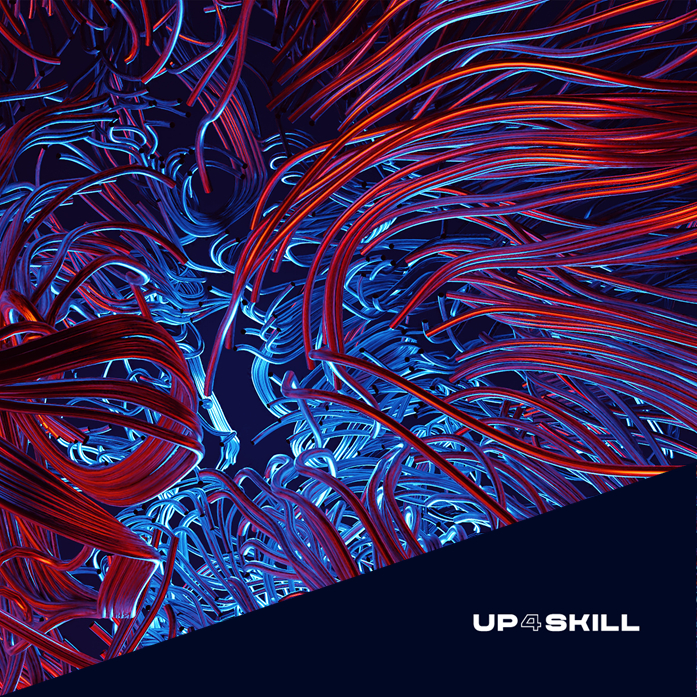This course is intended for researchers with experience using MAXQDA who want to explore the practical use of its AI Assist tool in qualitative data analysis. Participants will be introduced to AI-powered features based on the GPT 3.5 language model, including automatic summarisation of coded and uncoded data, code and subcode recommendations and term clarification. The course focuses on hands-on application, workflow optimisation, and interpretation improvement. Topics also include the ethical implications of AI use in research and real-time demonstration of the assistant’s features. This training enables researchers to work more efficiently and gain deeper insights using advanced tools in the MAXQDA environment.
phone +370 676 92 702
email ineta.simonaite@ktu.lt

Vilma Sukackė is an associate researcher at the Centre for Data Analysis and Archiving, Faculty of Social Sciences, Humanities and Arts, KTU, a lecturer, editor of the scientific journal "Information Technologies and Management" and a doctoral candidate in KTU Education. Research interests: technology-enriched learning, research methods and sociolinguistics. She teaches the following modules to Bachelor and Master students: Social Network and Media Analysis, Computer Assisted Qualitative Research Methods, Introduction to Research Methods, and Contemporary Educational Systems and Technologies. Vilma is registered as one of the MAXQDA Professional Lecturers in the MAXQDA Lecturers' Network from 2020. Vilma organises seminars and workshops on research methods, computer-assisted data analysis, academic writing and technology-enriched teaching in Lithuania and abroad. She organises trainings and events aimed at developing the competences and networking of lecturers and PhD students.
K. Donelaičio St. 73
44249 Kaunas, Lithuania
phone: +370 (671) 36 146
email mvg@ktu.lt